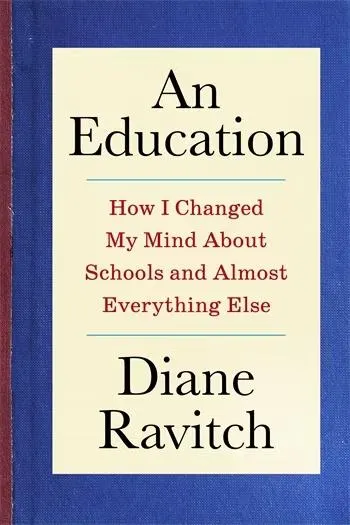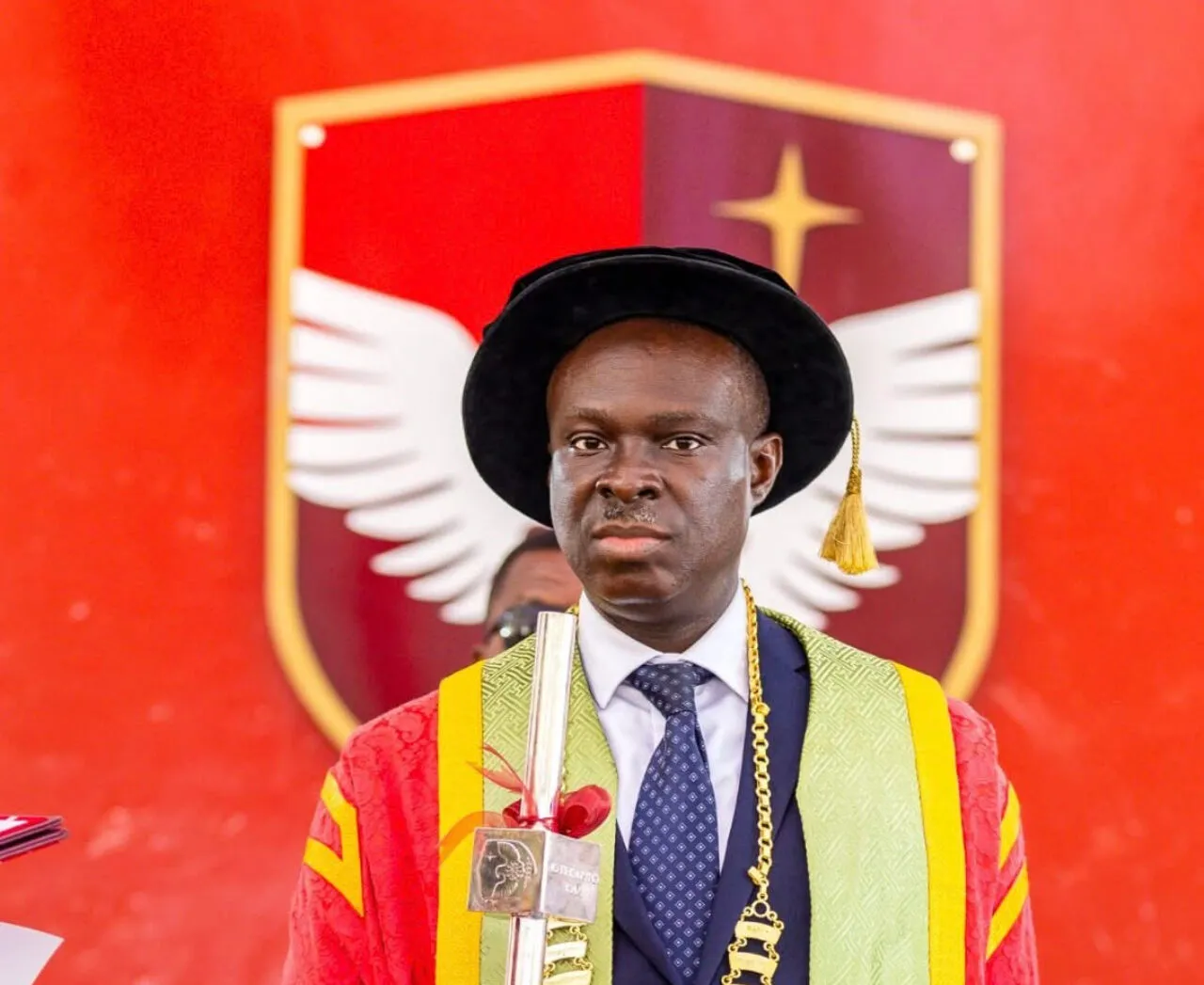Copyright forbes

An Education by Diane Ravitch Columbia University Press Diane Ravitch is one of the biggest turncoats in education policy history, and American education is better for it. She tells the story in her newest book, her memoir An Education. From humble beginnings in Houston, she moved on to Wellesley, where she rubbed elbows with the likes of future Madeline Albright and Nora Ephron. Upon graduation. she married into the prestigious Ravitch family. Casting around for a career, she gravitated toward education history, starting with researching and writing a massive history of New York City public schools, launching her career as an academic. She was in those days considered a neoconservative. She believed in meritocracy, standards, standardized testing, and color blindness, and these beliefs combined with her academic credentials formed a foundation for a burgeoning career of advocacy for the rising tide of education reform. By the time the 1990s rolled around, she was tapped for a role as Assistant Secretary of Education under President George H. W. Bush. She appeared in television, met and socialized with top political leaders, enjoyed other odd in-crowd perks like a visit to George Lucas at Skywalker Ranch. She was brought onto an assortment of conservative think tanks, served in various commissions and agencies under Presidents Bill Clinton and George W. Bush, and wrote several books that brought rounds of interviews on major media. She was a committed supporter and promoter of No Child Left Behind, which included all the emphasis on standards and testing that she thought she wanted to see in education. When she graduated from high school, her English teacher gifted her with two quotes. The second was from Alfred, Lord Tennyson: “To strive, to seek, to find, and not to yield.” Those turned out to be prescient words for a woman who was about to engage in a public re-evaluation of her entire body of professional beliefs. Michale Bloomberg was elected mayor of New York City and brought in Joel Klein to run the schools, and for four years Ravitch watched the ideas she championed implemented, and she saw the down side. She was critical, though carefully so (it was still not common knowledge that she had years ago left her husband for a woman). But she could see that Bloomberg and Klein were “faithfully, if erratically, imposing the right-wing policies that I had once endorsed and demonstrating their ineffectiveness.” In the following years, Ravitch “step by step” abandoned her long-held views about education. Those long-held views had been her bread and butter, the web that sustained personal and professional networks. And Ravitch was willing not just to break those ties, but determined to “expose the big money propelling the cause of what I called corporate education reform.” MORE FOR YOU Her 2010 book The Death and Life of the Great American School System: How Testing and Choice Are Undermining Education was a shot across the bow of education reform, signaling a new set of beliefs. “Why did you change your mind,” she was frequently asked. I changed my mind when I realized that the ideas I had championed sounded good in theory but failed in practice. I thought that standards, tests and accountability would lead to higher achievement (test scores). They didn’t. Even if they had, the scores would not signify better education, just a fortunate upbringing and the mastery of test-taking skills. I originally thought, like other so-called reformers, that competition and merit pay would encourage teachers and principals to work harder and get better results. They didn’t. The teachers were already working as hard as they knew how. Ravitch came to view the punitive attempt to use test scores to determine teacher careers as demoralizing, destined to discourage young people from choosing the profession. The “toxic policy” of high-stakes testing was 'inflicting harm on students and teachers." Ravitch became a key figure in the movement to support public education in the US. She co-founded the Network for Public Education and spoke out repeatedly against the education reform movement. Her blog became a popular outlet that connected many of the far-flung supporters of public education. Ravitch has written page upon page critiquing the education reform movement of the past few decades, and in the final chapters of this memoir, the reader can find a clear, crisp encapsulated version of her conclusions and beliefs about the top-down government mandates and big-money attempts to dismantle the public school system and replace it with a multi-tiered privatized system. This brisk, readable book provides a historical recap of the ed reform movement and the resistance to it, as well as the rich history of a woman who, more than any other observer, has examined the pieces of the movement from both sides. It is also a story of intellectual and personal honesty, of having the courage and integrity to follow the facts and the truth, no matter where they may lead or what they may cost. It’s a good read, even if you have not been paying much attention to the debates surrounding education. And if you have been following those debates, this book requires your attention. Editorial StandardsReprints & Permissions



